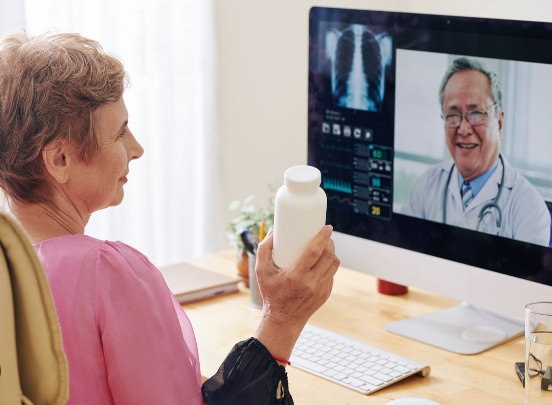Communication technology has revolutionized the way healthcare is delivered to patients across the globe. From telemedicine to digital health records, these advancements have greatly improved patient care and outcomes.
Telemedicine: Bridging the Gap in Access to Care
Telemedicine allows for patients to consult with healthcare providers remotely, eliminating the need for in-person visits. This technology has been especially beneficial for patients in rural areas or those with mobility issues. Patients can now receive medical advice and treatment from the comfort of their own homes.
Digital Health Records: Streamlining Healthcare
Gone are the days of paper medical records. Digital health records have made it easier for healthcare providers to access a patient’s medical history quickly and efficiently. This has resulted in faster and more accurate diagnosis and treatment, leading to better patient outcomes.
Mobile Apps: Empowering Patients
Mobile health apps are empowering patients to take control of their own health. These apps allow patients to track their symptoms, medications, and appointments, making it easier for them to manage their health conditions. Patients can also communicate with their healthcare providers through secure messaging, ensuring timely and effective care.
Remote Monitoring: Enhancing Patient Care
With the help of communication technology, healthcare providers can remotely monitor patients with chronic conditions such as diabetes or heart disease. This allows for early detection of potential issues and timely intervention, ultimately improving patient outcomes and reducing healthcare costs.
The impact of communication technology on patient care is undeniable. These advancements have made healthcare more accessible, efficient, and patient-centered. As technology continues to evolve, so too will the ways in which healthcare is delivered, ultimately leading to better outcomes for all patients.

